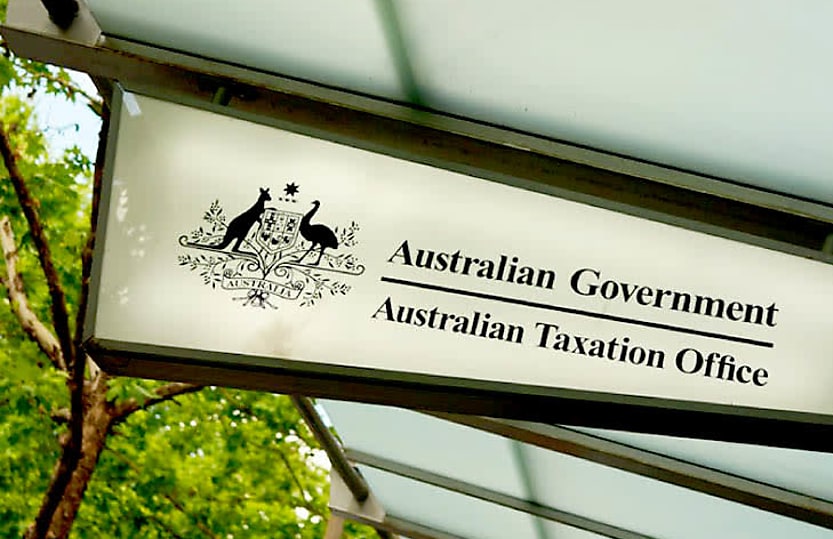ATO flags poor governance documentation as top issue in Next 5,000 review

Poor record keeping and a lack of documented governance procedures are leading to tax issues within intra-group transactions, trust distributions and related party transactions, the ATO warns.
The ATO’s latest Next 5,000 group program has found that Next 5,000 groups are making errors in their tax returns due to a lack of documented governance processes, procedures and poor record keeping.
The groups reviewed through the Next 5,000 program comprise around 7,8999 private groups in Australia with a net wealth of over $50 million. A typical Next 5,000 group contains on average around 14 entities which can include a combination of companies, trusts and SMSFs.
Assurance reviews conducted by the ATO on these groups for the 2022–23 financial year found that while a high proportion of these groups had governance processes and procedures, most weren’t documented.
“Next 5,000 groups are making errors in their tax returns that could be otherwise prevented,” the Tax Office stated in a report on its findings.
The ATO said it has observed a close correlation between a lack of documented tax governance processes with disclosure errors, late lodgement and no lodgement of accompanying schedules to the income tax return.
“In these circumstances we request more detailed information to obtain assurance over certain tax issues,” the ATO said.
“We recommend documenting tax return procedures, including a tax return review process, which could also include a lodgment calendar to ensure income tax returns and accompanying schedules are lodged on time.”
Expenditure issues
In some cases, the ATO said it was unable to obtain assurance over tax deductions in certain circumstances due to poor record keeping.
“Certain expenditure could not be substantiated and a nexus between the expense and assessable income could not be evidenced,” it said.
“A high proportion of these expenses are related party transactions where the reported income derived by a related party was less than the deductions claimed by the other related party.”
The ATO said groups should have clear processes and procedures setting out record keeping requirements for related party transactions.
Intra-group transactions and Division 7A compliance concerns
The ATO also identified issues with groups not taking enough steps to satisfy Division 7A.
“In the reviews, we identified no written loan agreements or minimum yearly repayments and a lack of appropriate record keeping,” the ATO said in its report.
“We recommend that affected clients review their group’s Division 7A compliance and create a Division 7A annual end of year checklist to ensure accurate and consistent reporting of these loans in ledger accounts, financial statements, and tax returns.”
Sale of significant assets
The Tax Office said it also had difficulty obtaining assurance over a range of property disposals due to insufficient evidence supporting the valuation of capital proceeds and elements of the cost base.
The report also noted that in some cases there was a miscalculation of the cost base including amounts omitted or inclusion of amounts that do not form part of the cost base such as development costs.
The reviews also identified issues around the timing of capital gains tax events resulting in the capital gain being reported in the wrong year.
There were also mischaracterisations of the sale of property as revenue or capital and incomplete documentation provided to the tax agent resulting in miscalculation of the capital gains tax event.
Trust distributions
The ATO also had to take further action against certain groups due to concerns regarding beneficiary entitlement to trust distributions, such as distributions paid to the incorrect beneficiary and section 100A.
Concerning family trusts, it was unable to obtain assurance in the following circumstances:
- Distributions made outside of the family group
- Inconsistency of documentation regarding individuals set out in the family trust deed and the interposed entity election forms.
“In some reviews we concluded that a lack of governance processes and procedures resulted in omitted trust distributions for some beneficiaries within the group,” the ATO said.
About the author

